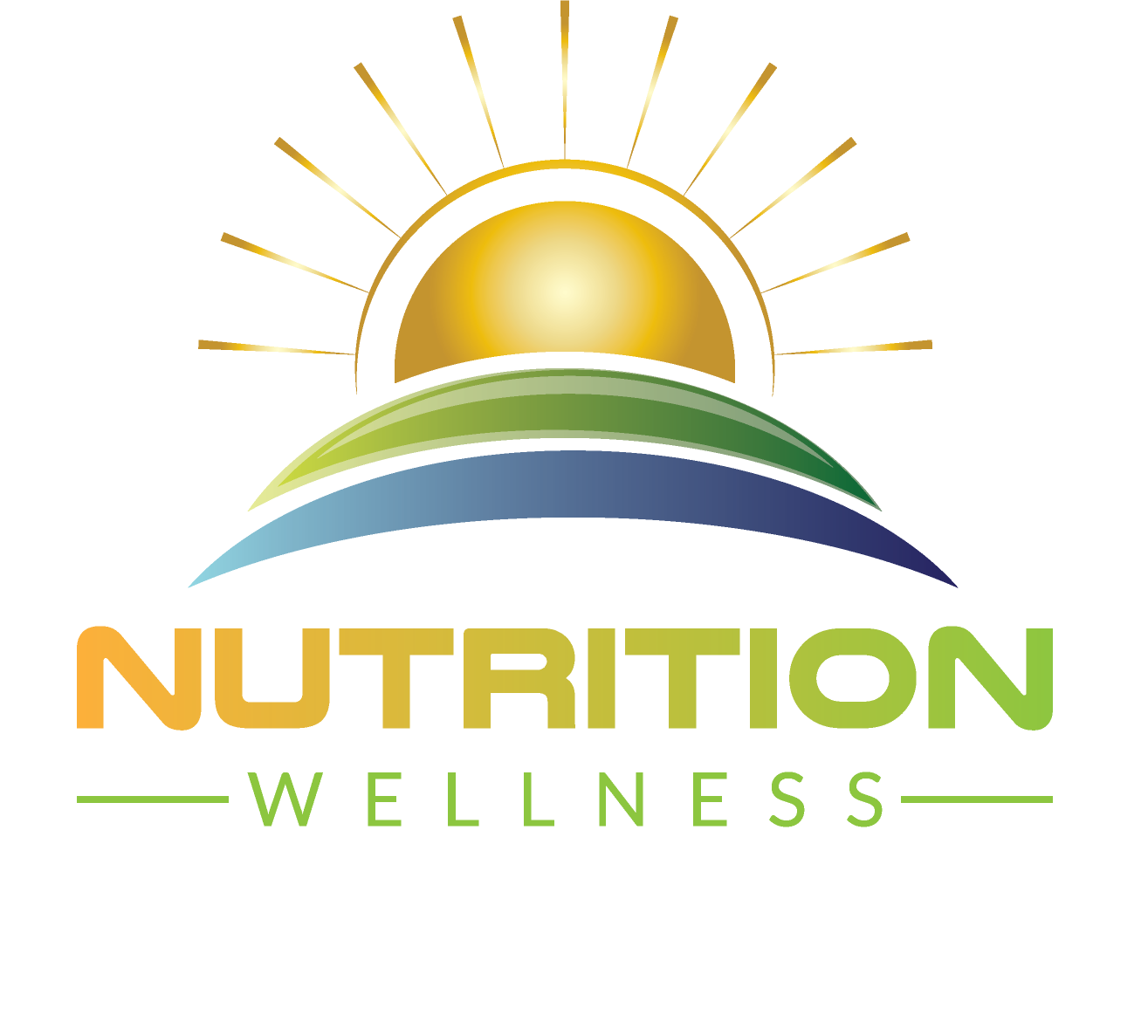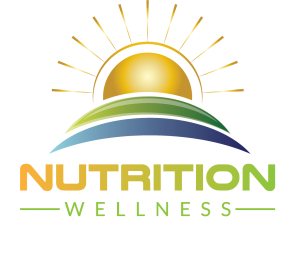Celiac Disease And Gluten: Overcome the Obstacle

What is Celiac Disease in relation to Gluten Sensitivity? Can a person overcome the obstacle of living with Celiac disease? Celiac disease is a disease in which the small intestine is hypersensitive to gluten, leading to difficulty in digesting food. It is an autoimmune disease to which some people have a genetic predisposition. It involves the small intestine and usually produces issues with the digestive process, although it can cause a wide range of symptoms.
Essentially, people with Celiac disease have an intolerance to gliadin, a gluten protein that is in a wide variety of grains including wheat, barley, rye and some oats. Since it is an autoimmune disorder, the body signals an immune response that attacks the small intestine. These attacks lead to damage of the villi in the small intestine that promote nutrient absorption. When villi gets damaged, nutrients cannot get absorbed. (https://celiac.org/about-celiac-disease/what-is-celiac-disease/)
Nowadays, it is a trend to go gluten-free and we hear many people talk about how they feel better doing so. Whether feeling better is related to weight loss, less fatigue, and less bloating, gluten-free has received some recognition. In relation to Celiac Disease, when gluten-free is absolutely necessary, what has been unfortunately noticed is that sometimes the symptoms are hard to recognize and may be confused with other less serious conditions, such as indigestion.
If the disease is not managed appropriately, Celiac disease can make the body vulnerable to other diseases such as type 1 diabetes, multiple sclerosis, anemia, osteoporosis, infertility, epilepsy, migraines and in some cases, intestinal cancer. No cure exists at the present time for Celiac disease and management of symptoms is the best course of action. A gluten free diet is on the top of the list to manage symptoms. Let’s look at why.
A lot of research exists regarding the benefits of eating a diet free of gluten for those who have Celiac Disease- not necessarily for those without. Some common foods that contain gluten are: pastas, noodles, breads and pastries, crackers, baked goods, cereal and granolas, breakfast foods such as pancakes, waffles, French toast, crepes, and biscuits, panko breadcrumbs, stuffings, dressings, sauces and gravies, flour tortillas, beer and malt beverages, Brewer’s Yeast, and anything that uses “wheat flour” as an ingredient (http://celiac.or/gluten-free-living/what-is-gluten/sources-of-gluten/)
Some other foods that may contain gluten are: energy bars/granola bars, French fries, potato chips, processed lunch meats, candy/candy bars, soups, salad dressings, multi-grain tortilla chips or tortillas, starch, brown rice syrup, meat substitutes, soy sauce, self-basting poultry, pre-seasoned meats, cheesecake filling, Eggs served at restaurants as some restaurants put pancake batter in their scrambled eggs and omelets. However, on their own, eggs are gluten-free.
(http://celia.or/gluten-free-living/what-is-gluten/sources-of-gluten/)
It is important to note that research finds that those with Celiac disease who still experience symptoms of diarrhea, fatigue, weight loss, bloating, abdominal pain, nausea and/or constipation even after following a gluten-free diet may benefit from going dairy free . Many people who do follow a gluten-free diet continue to consume milk, butter, cheese and other dairy products.
Researchers are finding out that dairy proteins can affect as much as 50% of those with gluten problems. The processing of dairy alters the casein protein creating a molecule that resembles gluten, thus creating an inflammatory response. Therefore, sometimes eliminating dairy, can help reduce symptoms dramatically.
Some doctors prescribe a gluten and dairy free diet for at least 6 months when initially going gluten free. This allows for the prevention of allergy development, but also reduces stress on the GI tract. Humans lose the ability to digest dairy as they age. If going both dairy and gluten-free is too much, it is important to follow some important recommendations:
- Insist that your dairy is grass fed only (Look for Grass Fed Only)
- Comes from animals who are not drugged with antibiotics and other stimulating hormones
- Use dairy that has not been altered
- Buy from a local farmer (ex. Farmer’s Markets)
- Buy dairy in the raw form. You can pasteurize it on the stove yourself! (http://www.glutenfreesociety.org/is-dairy-sabotaging-your-gluten-free-healing)
Overall, Celiac Disease can be managed by going gluten-free and reading labels to make sure hidden ingredients may not be affecting one’s conditions, such as malt, malt flavor, brewer’s yeast, wheat, wheat flavor, barley and rye. Although gluten-free products may be more expensive, it is well worth the money as an investment in one’s health and will help prevent future health issues. Celiac disease is manageable and with the right knowledge, foresight, dedication and perseverance, one can overcome the obstacles associated with this condition and move forward into transforming into the greatest version of themselves!
Book your Nutrition Consult with Nutrition Wellness and transform into the greatest version of yourself! Call 901-321-5033 or email nutritionwellness@mariakrd.com


